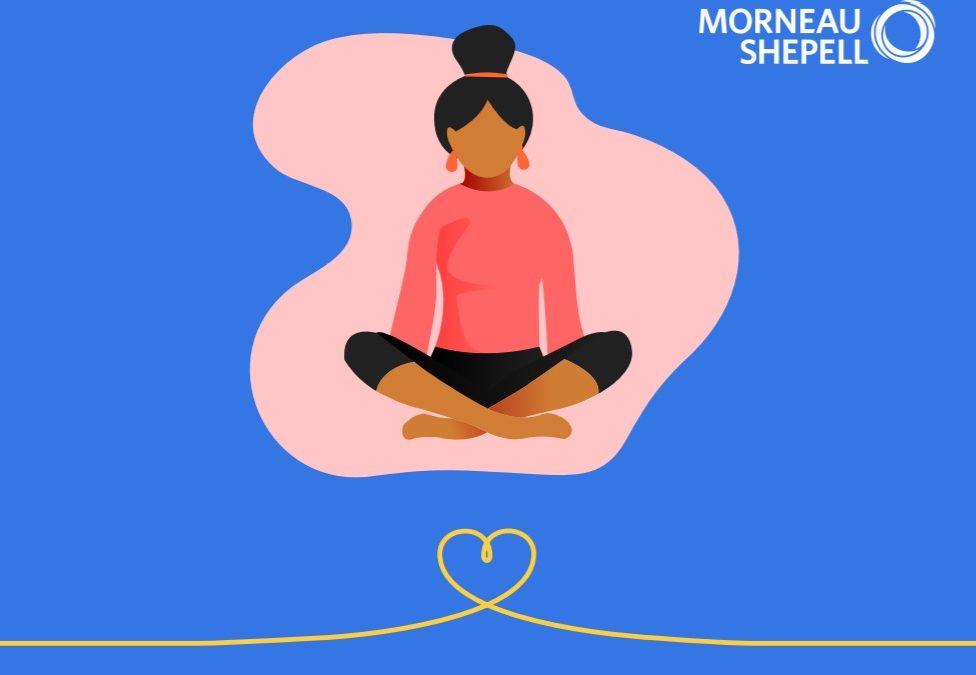Do you have a fear of news? The news can be stress-inducing, but when events are particularly worrying, many of us have difficulty coping. The constant flow of information can cause a new mental health issue: headline stress disorder.
Understanding Headline Stress Disorder
Protect your mental health in uncertain times
During times of crisis, we need up-to-the minute information to ensure our safety and the safety of others. However, constantly watching TV, checking social media and scanning news feeds can have a serious impact on our mental health and our ability to cope.
It’s normal to be anxious, scared and confused in uncertain times, but many people can become overwhelmed and experience extreme anxiety, depression, sleep issues, difficulty concentrating, irritability or mood swings, fatigue, headaches, stomach aches, increased use of alcohol or drugs and difficulty coping with crisis.
How do we stay informed without becoming overwhelmed?
Here are some ideas to cope when the news is unsettling:
-
- Take breaks from, or place time limits on, watching, reading, or listening to news stories.
- Social media is a great way to spread news, but it can also be way to spread falsehoods, myths and hoaxes, which only increase our anxiety. Limit your sources of information to reliable and reputable sources.
- Headlines are written to grab your attention. Don’t just read a headline, read the details of a story to gain perspective.
- Balance tough news with good news ̶ stories and posts that make you laugh and lift your spirits.
- Set boundaries by not allowing yourself to be drawn into discussions or arguments online or in person about subjects that upset you.
- Make time to unwind and have fun. Play a sport, do crafts, try a new hobby, meditate or play an instrument.
- Use technology to stay connected to people. Video conference with far-flung family, Skype or FaceTime a friend, chat on social media or call and check in with neighbours.
The most important thing we can do for our physical and mental health during difficult times is to maintain a healthy lifestyle, so try to focus on maintaining a healthy diet, and getting plenty of exercise and sleep.
Finally, if you feel anxious, unsure or unable to cope, contact us for information, resources, online training, podcasts and webinars on handling stress in an uncertain world.
For more information and support, check out Morneau Shepell’s special microsite for Mental Health Week, May 4-10th:
https://www.workhealthlife.com/Home/Navigate/DE4936F2-9F03-489A-B62C-62B0A1690450
